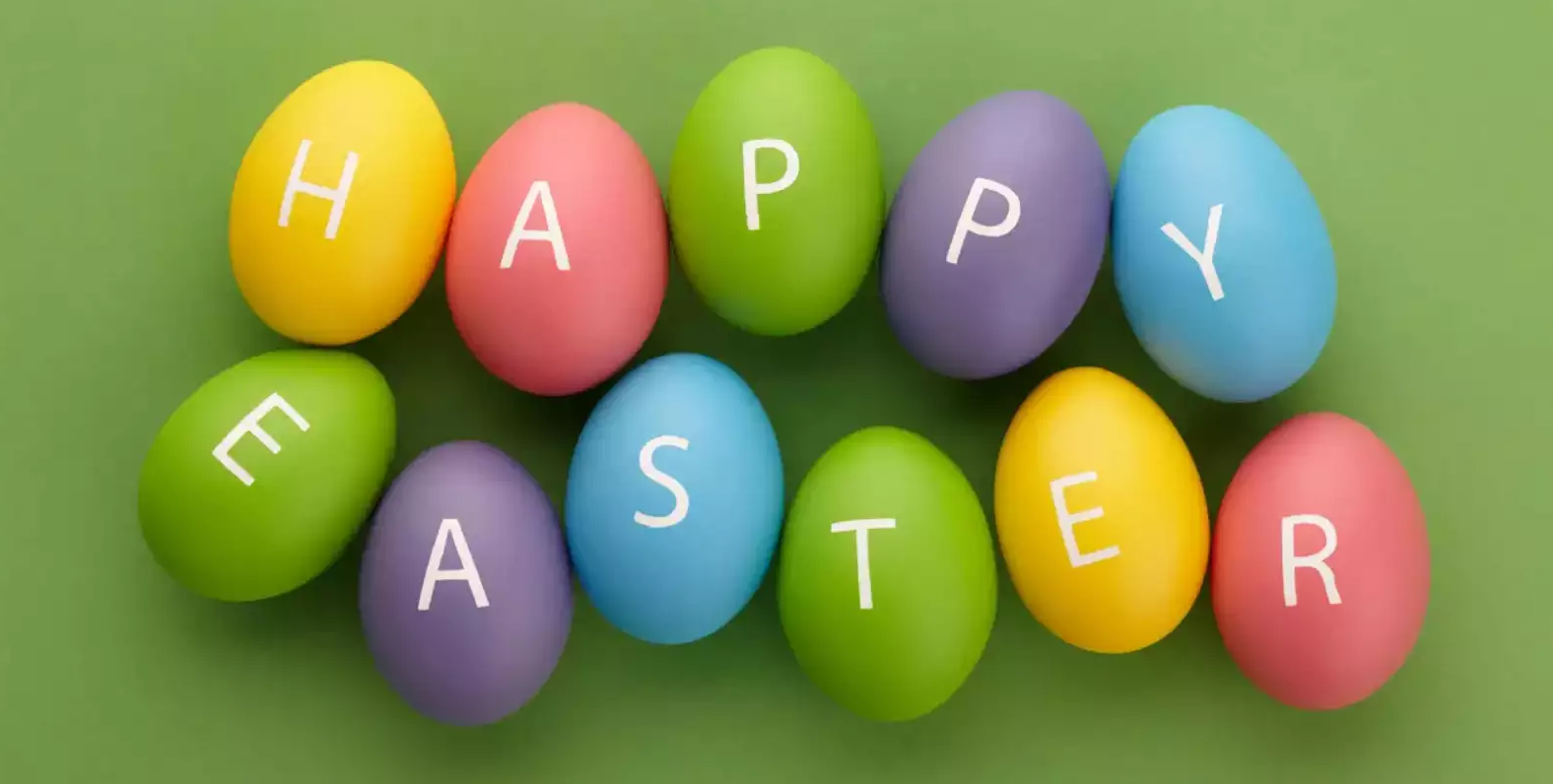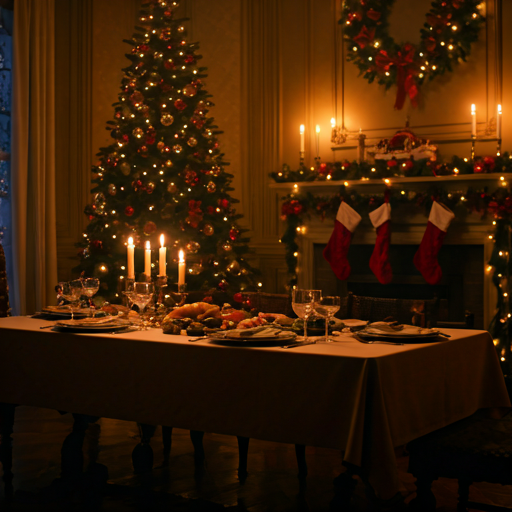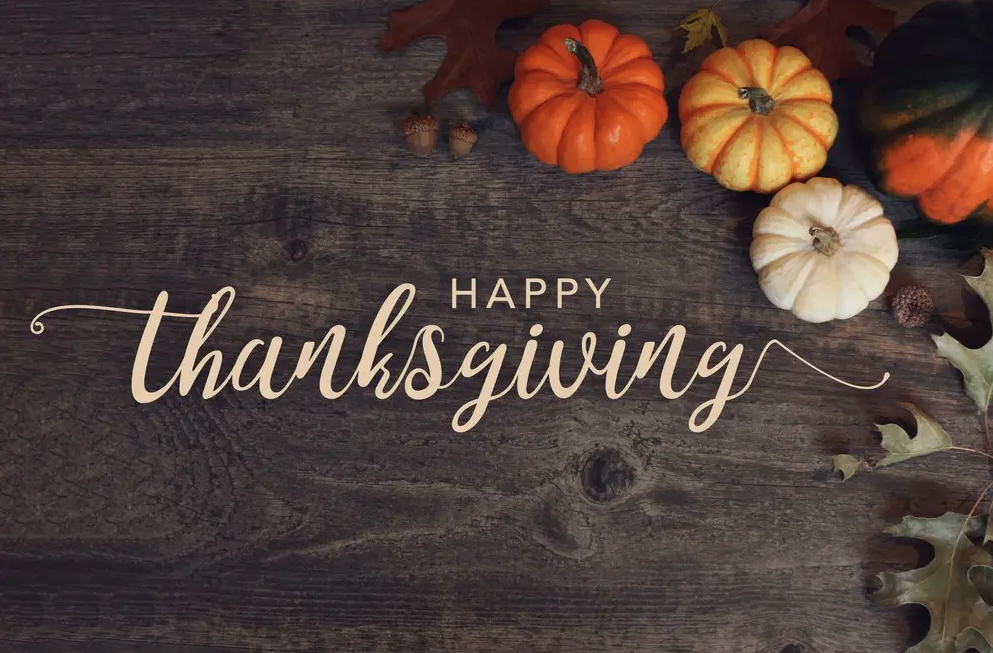Sick Building Syndrome: Is Your Office Making You Sick?
Have you ever walked into a building and immediately felt unwell? Headaches, fatigue, and respiratory issues are common complaints among people who spend extended periods indoors. These symptoms could be indicative of Sick Building Syndrome (SBS).

What is Sick Building Syndrome?
Sick Building Syndrome (SBS) refers to a situation where building occupants experience health and comfort problems that seem to be linked to time spent in a building, but no specific illness or cause can be identified. Symptoms often disappear when people leave the building.
Common Symptoms of SBS
- Headaches
- Fatigue
- Dizziness
- Respiratory problems (coughing, sneezing, shortness of breath)
- Irritation of the eyes, nose, and throat
- Dry skin
- Skin rashes
Causes of SBS
While the exact causes of SBS are often difficult to pinpoint, several factors can contribute to its development:
- Poor indoor air quality: Inadequate ventilation, chemical contaminants, and biological contaminants can all contribute to poor air quality.
- Building materials: Some building materials can release harmful chemicals into the air.
- HVAC systems: Improperly maintained or designed HVAC systems can circulate contaminants throughout a building.
- Mold and mildew: These can grow in damp areas and release harmful spores into the air.
Preventing SBS
To reduce the risk of SBS, consider the following steps:
- Improve ventilation: Ensure your building has adequate ventilation to bring in fresh air.
- Regular maintenance: Schedule regular maintenance for HVAC systems, air ducts, and filters.
- Choose low-emission materials: Opt for building materials with low volatile organic compounds (VOCs).
- Control humidity: Maintain proper humidity levels to prevent mold and mildew growth.
- Regular cleaning: Keep your workspace clean and free of dust and allergens.
- Bring in plants: Indoor plants can help improve air quality.
If you or your employees are experiencing symptoms of SBS, it's essential to investigate the potential causes and take steps to improve indoor air quality. Consulting with an indoor air quality specialist can help identify and address the problem. Call Enviro USA at 901-937-7774 to speak with someone about your building today!
Remember, a healthy indoor environment is crucial for the well-being of building occupants.
"Building Care Made Easy"














